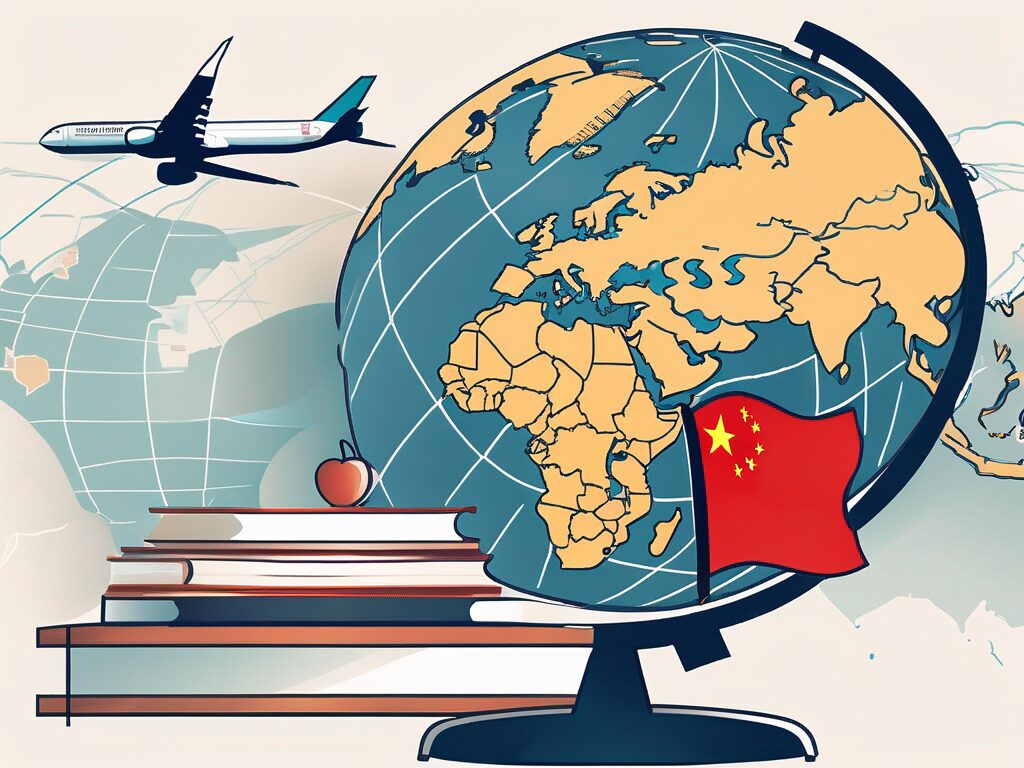Do Universities Make More Money from International Students?
Universities around the world are increasingly relying on international students as a significant source of revenue. This trend has implications not only for the institutions themselves but also for aspiring international educators. In this article, we will delve into the financial dynamics of international student enrollment and what it means for those looking to teach abroad.
Why is it Important for Aspiring International Teachers?
Understanding the financial impact of international students on universities is crucial for aspiring international teachers. With the growing demand for international education, there are more opportunities for educators to teach diverse student populations. According to recent data, international students contribute billions to the global education market, creating a robust job market for qualified teachers.
Key Skills or Qualifications Required
To succeed in this competitive field, aspiring international teachers need specific skills and qualifications. These include:
- Proficiency in English or the language of instruction
- International teaching certifications
- Cultural competency and adaptability
- Experience with diverse educational systems
Steps to Get Started
For those interested in pursuing a career in international education, here are some steps to consider:
- Obtain relevant teaching certifications, such as TEFL or iQTS.
- Gain experience by teaching in diverse environments.
- Network with international educators and join professional organizations.
- Stay informed about global education trends and job opportunities.
Challenges and How to Overcome Them
Teaching international students comes with its own set of challenges, such as language barriers and cultural differences. To overcome these, educators should:
- Engage in continuous professional development.
- Utilize technology to enhance learning experiences.
- Foster an inclusive classroom environment.
Best Practices and Tips for Success
Successful international educators often share these best practices:
- Build strong relationships with students and their families.
- Incorporate global perspectives into the curriculum.
- Be flexible and open to new teaching methods.
Conclusion
In conclusion, universities do benefit financially from international students, which in turn creates opportunities for aspiring international educators. By acquiring the right skills and qualifications, and understanding the challenges and best practices, educators can thrive in this dynamic field.
Want to become a teacher in a Tier 1 international school? Join the course here.

